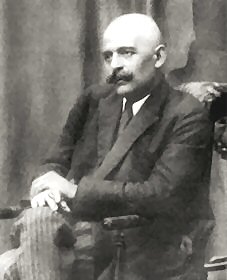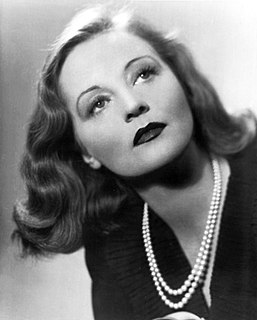A Quote by Richard Dawkins
Book critics or theatre critics can be derisively negative and gain delighted praise for the trenchant with of their review. But in criticisms of religion even clarity ceases to be a virtue and sounds like aggressive hostility. A politician may attack an opponent scathingly across the floor of the House and earn plaudits for his robust pugnacity. But let a soberly reasoning critic of religion employ what would in other contexts sound merely direct or forthright, and it will be described as a 'rant'.
Related Quotes
The First Amendment...does not say that in every respect there shall be a separation of Church and State....Otherwise the state and religion would be aliens to each other - hostile, suspicious, and even unfriendly....The state may not establish a 'religion of secularism' in the sense of affirmatively opposing or showing hostility to religion, thus preferring those who believe in no religion over those who do believe.
I read reviews of critics I respect and feel I can learn something from. Right now there are a lot of bottom-feeder critics who just have access to a computer and don't necessarily have an academic or cinema background that I can detect, so I tend to ignore that and stay with the same top-tier critics that I've come to respect. I like reading a good review - it doesn't have to be favorable, but a well-thought-out one - because I very much appreciate the relationship of directors and critics.
The people who review my books, generally, are kind of youngish culture writers who aspire to write books. When someone writes a book review, they obviously already self-identify as a writer. I mean, they are. They're writers, they're critics, and they're writing about a book about a writer who's a critic. So I think it's really hard for people to distance themselves from what they're criticizing.
The easy confidence with which I know another man's religion is folly teaches me to suspect that my own is also. I would not interfere with any one's religion, either to strengthen it or to weaken it. I am not able to believe one's religion can affect his hereafter one way or the other, no matter what that religion may be. But it may easily be a great comfort to him in this life-hence it is a valuable possession to him.
Everybody is afraid to touch the topic of religion, especially with the extreme muslims. It's such a touchy subject. You can attack any other religion and nothing bad will come about, but I think those that are extremists, the way they are taught or the way, as I'd like to say, "brain-washed." they're not of sound mind, They're of a different mind.
On the whole, however, the critic is far less of a professional faultfinder than is sometimes imagined. He is first of all a virtue-finder, a singer of praise. He is not concerned with getting rid of dross except in so far as it hides the gold. In other words, the destructive side of criticism is purely a subsidiary affair. None of the best critics have been men of destructive minds. They are like gardeners whose business is more with the flowers than with the weeds.




































